Bertrand Russell - On Propositions: What They Are and How They Mean
Bertrand Russell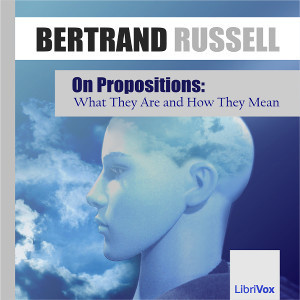
100%
Speed
Modern
1.2K
Summary
In this piece, Bertrand Russell offers an account of propositions. This essay has been widely regarded as a turning point in Russell's thought: fresh from his prison sentence, during which he read numerous works of psychology, he now rejects the existence of the unitary, lasting metaphysical subject and the act-object analysis of sensation. He here embraces the view advocated by American philosophers like William James, namely, neutral monism. This far-ranging essay includes a lengthy discussion of behaviorism and of the structure of facts, complete with an endorsement of negative facts and criticisms of attempts to avoid them. — Summary by Landon D. C. Elkind
More from Bertrand Russell
Authorization
By logging in, you agree to the terms and conditions.
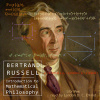

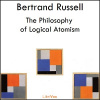
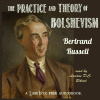

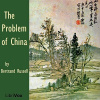
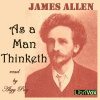
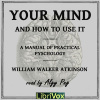
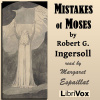









No comments